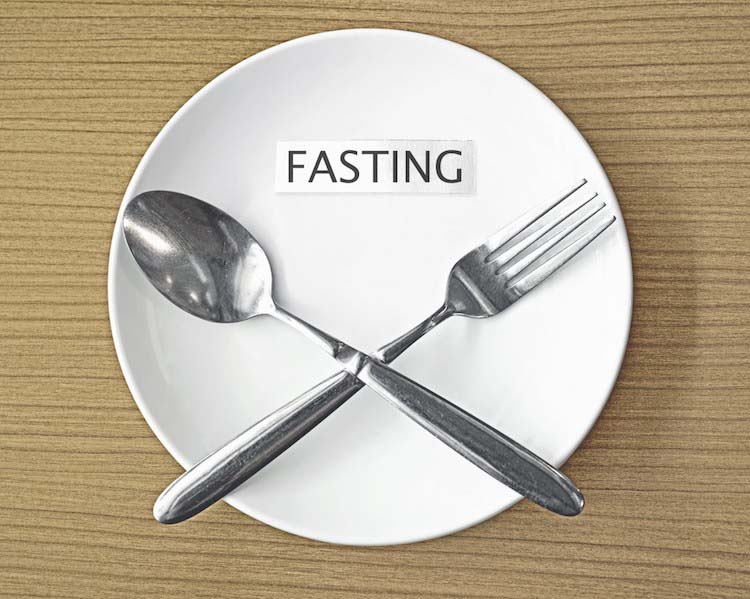Muslims around the world just concluded their Eid Al Fitr celebrations. The three-day holiday falls on the first day of the Islamic month of Shawwal. It marks the end of Ramadan, which is a holy month of fasting and prayer.
However, fasting and prayer are acts devotees should continue to carry out regularly throughout the year. During the holy month of Ramadan, fasting becomes an obligation. In addition to the their five daily prayers, muslims perform additional prayers such as Taraweeh and Qiyam Al Liyal.
Throughout the year, some Muslims voluntarily fast on other occasions as well. It is believed that fasting acts as a shield and can help fortify and improve one’s belief and faith in God’s commandments. Prophet Muhammad (PBUH) used to fast frequently before and after the blessed month of Ramadan, especially after Eid Al Fitr.
Following Ramadan comes Shawwal, the 10th month of the lunar Islamic calendar. During Shawwal, after celebrating Eid Al Fitr some Muslims fast for six days. The fast is known as setut. It’s not an obligation but it is sunnah (habits, practices, words, and decisions of the Prophet Muhammad). Fasting in Ramadan as well as six days of Shawwal are equal to fasting an entire year.
The Prophet said:
“Whoever fasts Ramadan, then follows it with six days (of fasting) of Shawwal, it as if he fasted the entire year”
On another account, the Prophet is reported to have said:
“The fast of Ramadan is like observing ten months of fasting. Fasting six days of Shawwal is like observing two months of fasting. This together is like fasting throughout the year.” (Sahih Ibn Khuzaymah)
It is believed that those who fast six days in Shawwal earn as much as 10 times the reward as through fasting in Shawwal after Ramadan.
One can start fasting six days of Shawwal from the second day of Shawwal, which is the second day of Eid Al Fitr. It is haram or forbidden to fast on the first day of Eid as it is a day of celebration. One can fast the six days at any time during Shawwal, although the best of good deeds are those which are done soonest.
Fasting in Shawwal does not have be consecutive; however, it is believed for those who fast the six days consecutively, the reward is greater. In addition, fasting in Shawwal may compensate for one’s lacking in compulsory fasting in Ramadan.
Thus, by fasting six days in Shawwal, it is a sign that one has increased faith in its heart than for normal Muslims.
Fasting in Islam:
- Holy month of Ramadan: Fasting the month of Ramadan is one of the Five Pillars of Islam. Muslims are obligated to fast every day from dawn to sunset.
- Six days of Shawwal
- Mondays and Thursdays: Some Muslims fast on Mondays and Thursdays – twice a week as it is sunnah, tradition of the Prophet.
- Fridays: Fridays are the most blessed day of the week. Rewards of good deeds are multiplied, however, one should not fast Friday alone, but in combination with Thursday or Saturday.
- The White Days (Ayam Al-Beedh): The white days refer to the 13th, 14th, and 15th of the lunar calendar, so it may not be the same days each month of the solar Gregorian calendar. The days are named as such due to the moon being full and the light it reflects is at its maximum. It’s not necessary to fast all three days.
- Day of Ashura – 10th of Muharram: The 10th of Muharram, the first month of the Islamic calendar, commemorates the day Allah saved Prophet Musa (Moses, PBUH) and his followers from their adversaries. There’s no day better to fast in after Ramadan than Muharram. Muslims either fast the 10th day of Muharram, 10th day and 11th of Muharram, or 9th, 10th and 11th of Muharram. It is believed for those fasting on the 10th day of Muharram, he gives expiation for the sins of a whole year.
- Day of Arafah – 9th of Dhul-Hijjah: The day before the first day of Eid Al Adha is known as the Day of Arafah. For those not performing Hajj, fasting the first nine days of Dhul-Hijjah (the 10th being Eid Al-Adha) is recommended. In particular, fasting on the Day of Arafah, Allah promises that all sins of a year before and after that day will be forgiven InshAllah due to the virtue of this fast.
- Shaban: The month of Shaban is the month before Ramadan, and is an ample opportunity to prepare for Ramadan, both spiritually and physically. It was narrated that Aishah, the third wife of the Prophet Muhammad, reported that the Prophet liked the month of Shaban more than any other month as far as supplementary fasting is concerned [Bukkhari].
Please note that the only compulsory fast takes place during the holy month of Ramadan.
Author: Ola Diab
Copyright © Marhaba Information Guide. Reproduction of material from Marhaba Information Guide’s book or website without written permission is strictly prohibited. Using Marhaba Information Guide’s material without authorisation constitutes as plagiarism as well as copyright infringement.





